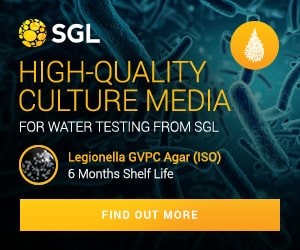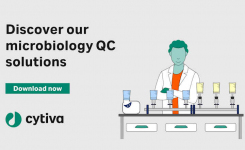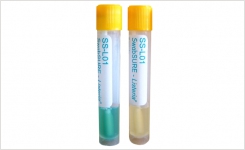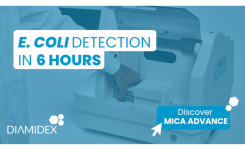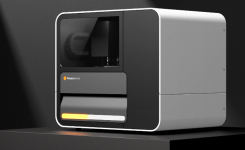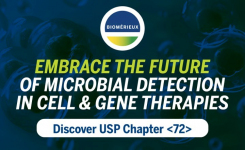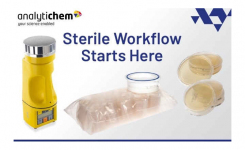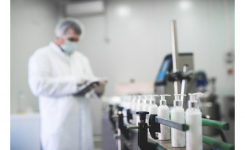Pathogen Identification Results in 90 Minutes Direct from Positive Blood Cultures
go back to news archives| AdvanDx has launched a fast, 90 minutes protocol for all CE-IVD marked PNA FISH® tests in Europe. The fast protocol reduces the PNA FISH turn-around time from the original 2.5 hours to 90 minutes by reducing PNA probe hybridization time from 90 minutes to 30 minutes. Clinical validation studies performed at hospitals in the United States and Europe show the two protocols to be 100% equivalent while maintaining the very high (>95%) sensitivity and specificity versus slower, conventional laboratory methods. Since the first product launch in May 2003, AdvanDx's PNA FISH tests have provided rapid identification of bloodstream pathogens to help clinicians optimize antibiotic therapy and improve care for patients with critical infections. Clinical studies have shown that implementing PNA FISH tests reduced time to reporting of pathogen identification results by up to 48-72 hours, improved antibiotic selection for patients with bloodstream infections, reduced unnecessary antibiotic use, reduced infection related mortality rates and significantly reduced hospital bed, pharmacy and laboratory costs. (1,2,3,4) With the shortened protocol, labs will be able to provide results even faster to help clinicians further improve antibiotic prescribing and patient care. 'We are very excited to launch the shortened PNA FISH protocol in Europe,' said Thais T. Johansen, President and CEO of AdvanDx. 'The faster results will enable laboratories to provide this critical information sooner to clinicians, enabling them to make the most appropriate antibiotic selection and treatment decision as early as possible,' Johansen concluded. PNA FISH Diagnostic Platform Features:
1. Ly T, Gulia J, Pyrgos V, Waga M, Shoham S. Impact upon clinical outcomes of translation of PNA FISH-generated laboratory data from the clinical microbiology bench to bedside in real time. Ther Clin Risk Manag. 2008 Jun;4(3):637-40. 2. Forrest GN, Roghmann MC, Toombs LS, Johnson JK, Weekes E, Lincalis DP, Venezia RA. Peptide nucleic acid fluorescent in situ hybridization for hospital-acquired enterococcal bacteremia: delivering earlier effective antimicrobial therapy. Antimicrob Agents Chemother. 2008 Oct;52(10):3558-63. 3. Della-Latta P, Whittier S, Wu F. Impact of Rapid Identification of C. albicans and C. glabrata Directly from Blood Cultures using PNA FISH Technology on Selection of Antifungal Therapy. Poster P1382. ECCMID 2008, Barcelona, Spain. 4. Forrest GN, Mankes K, Jabra-Rizk MA, Weekes E, Johnson JK, Lincalis DP, Venezia RA. Peptide nucleic acid fluorescence in situ hybridization-based identification of Candida albicans and its impact on mortality and antifungal therapy costs. J Clin Microbiol. 2006 Sep;44(9):3381-3. |
NOTE: This item is from our 'historic' database and
may contain information which is not up to date.
Source : AdvanDx View archived contact details
Posted on April 28, 2009


